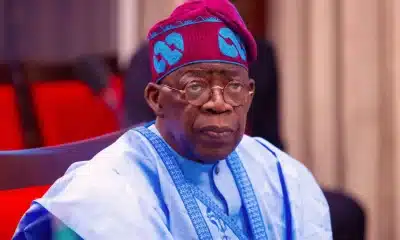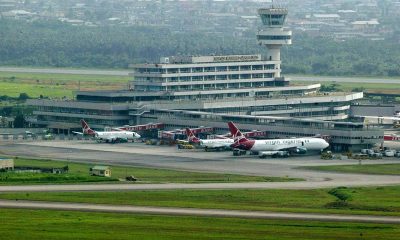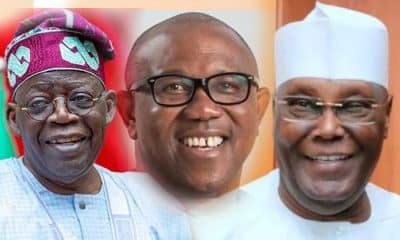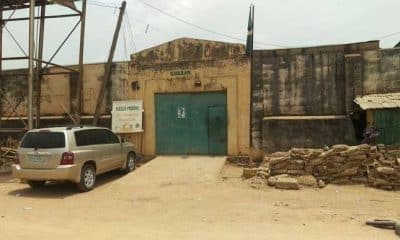Nigeria News
NNPC Explains In Detail, Reason For Petrol Price Hike
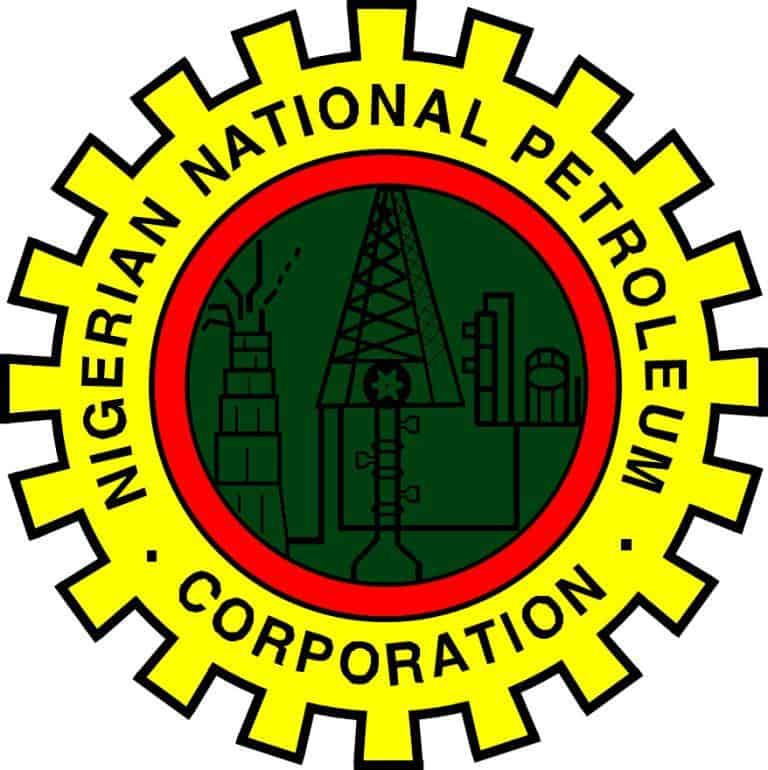
Reports reaching us has revealed that between the month of January 2017 and June 2020, the Nigerian National Petroleum Corporation, NNPC, paid itself N1.53 trillion as subsidy on Premium Motor Spirit, PMS, also known as petrol.
This was seen in a series of documents obtained, today from the corporation.
According to the documents, in 2017, 2018 and 2019, the NNPC paid itself N144.53 billion, N730.86 billion and N551.22 billion respectively; while from January to June 2020, the NNPC deducted N106.992 billion from its total remittances as subsidy.
The document also revealed that in 2015, the government had paid N306.917 billion to oil marketers and the NNPC as subsidy, while no amount was spent on subsidy in 2016.
The NNPC called the payments under recovery, another name for subsidy, and deducted it from the proceeds of its domestic crude oil sales, before making remittances to the Federation Account.
In a bid to ensure that it doesnt go contrary to the law, it was learnt that the NNPC coined the term ‘under recovery’, because subsidy was not appropriated for in the budgets of the affected years.
In addition to the amount it said it incurred as under recovery, Group Managing Director of the NNPC, Mallam Mele Kyari, in a statement by the corporation in Abuja, disclosed that government spent N2.13 trillion from 2016 to 2019, as subsidy on foreign exchange for marketers.
In 2016, the NNPC become the number 1 importer of petrol in Nigeria, after which the Federal Government introduced the price modulation mechanism, under which the pump price of the commodity rose between N143 to N145 per litre, from N97 per litre.
Few months after the hike in May 2016, the value of crude oil in the international market went really high, as opposed to the value of Nigeria’s currency, the naira, which slid to almost N500 to the dollar, from about N197 to the dollar.
As a result, the landing cost of petrol skyrocketed, and in a short while, the country not wanting to hike the pump price of the commodity again, returned to subsidizing the product.
Therefore, the NNPC began to deduct the shortfall, that is, the difference between the actual cost of the product and the pump price of the product, from its earnings.
In the statement by the NNPC, Kyari disclosed that concrete steps had been taken to address the main concerns of marketers, especially the issue of availability of foreign exchange, stressing that the Central Bank of Nigeria, CBN, had already taken the first step of merging all foreign exchange windows to have a unified exchange rate.

